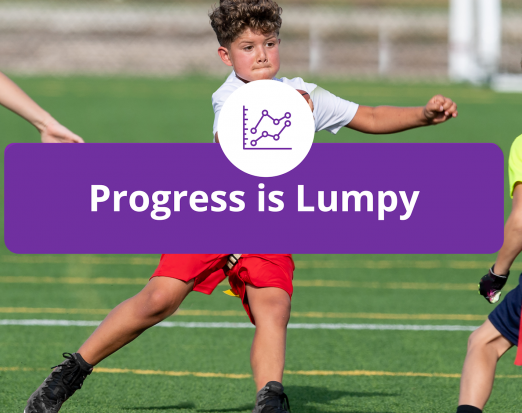How to Start a Summer Activity Camp for Kids

In our work with sports coaches and youth clubs, we've learned something important. Summer activities change lives. Though it's easy to forget when you're an adult with very different priorities, summer holidays really are the world for kids.
With no school, no homework and no early to bed, summer is a time of boundless opportunity and local clubs, camps and rec centres are the places where children grow up. Organised activities (sports tournaments, day trips, activity courses) can have a huge impact on self-confidence, socialisation skills and physical fitness.
For many families, they're also an invaluable source of holiday childcare. It's why Amaven is committed to supporting youth activity providers. We want to see more activity clubs opening their doors during school holidays (not just in term time) to help children stay active, meet new friends and have rewarding experiences.
Online booking platforms like Amaven's Book Pay Play are making it easier to create summer camps families love! Click to find out more.
So, How Do You Start a Summer Camp for Kids?
Step 1 - Decide WHAT You Want to Offer
Whether you're starting a new venture or expanding an existing one, it's important to have a clear vision. Do you want to extend current activities to include school holidays or create new activities? Will you open at weekends or only during week hours? Are you interested in offering overnight stays and, if so, have you considered safeguarding issues?
There are thousands of activities you could offer but, first and foremost, your camp must be a place of movement. Physical activity levels decline in school holidays because children don't participate in enough extracurricular activities. Deliver sports, yoga, dance, forestry skills or orienteering; whatever the activity, make sure it's active!
Bonus Tip: Research local clubs and camps. What do they NOT offer? Could you deliver 1-2-1 sports coaching? Would parents pay more for a club that offers lunch? What about pick up or drop off at a central location? Find out what parents want.
Step 2 - Create a Business Strategy
A watertight business strategy lies at the heart of every successful business, and youth activity providers are no exception. To ensure your summer camp lasts longer than the six week holidays, (1) conduct market research, (2) devise a marketing plan, (3) estimate weekly outgoings and (4) pick a price tier that's suitable for local customers.
Budgeting is a major consideration for companies wanting to offer more products, opening hours or activities. Will you need extra staff? How much will they be paid? Are there rental costs associated with your activity space? Consider basic expenses (bottled water, paper towels, hand soap, stationery supplies, etc).
Bonus Tip: Investment in a digital booking platform can result in reduced overheads. Online booking systems like Book Pay Play help businesses save money on paper materials, admin staff, email marketing, website security and lots more. The more efficiently you run your camp, the more affordable it can be for families.
Step 3 - Evaluate Your Location
It's common for youth activity providers to operate without a formally owned site. Many have flexible arrangements with schools, gyms and rec centres. You'll need to find out whether extending to include school holidays is permissible. For instance, some pitches are only free for youth activities during the week as they host tournaments at the weekend.
Smart booking technologies are revolutionising the use of rentable spaces (particularly schools and community buildings whose use must be meticulously documented). Not only are venues more likely to be offered if renters show evidence of a secure, accountable booking system, they also make it easier to communicate venue details to families.
Bonus Tip: Location is everything. If you find the perfect venue, consider what you'd sacrifice to bag it (if necessary). Is it worth scaling back on planned activities? If it's convenient for both your staff and prospective attendees in the local area, it's probably worth reevaluating your budget to see where money can be created.
Step Four - Check the Laws and Regulations
Running a summer camp is a big responsibility and it comes with serious safeguarding, data security and health and safety commitments. Familiarise yourself (and your staff) with all relevant legal requirements. These include waivers for contact sports, policies for your handling of allergies and medications and permission slips for offsite excursions.
You'll also need a very efficient attendance system. Whether it's handled offline or online, summer camps must diligently track attendee's movements by signing them in and out of every location. This is much easier to do via digital booking software because there's no chance of lost records and parents can be given access to live registers.
Bonus Tip: With a digital booking platform, document submissions are automated. Details are uploaded and recorded instantaneously, rather than being manually updated by administrative staff. This makes it possible to link options to real time actions. For example, if a parent/carer hasn't uploaded a permission slip, they can't book their child's place on a day trip.
Book Pay Play is an activity booking platform that combines impeccable automation and data security to offer an exciting new way to deliver youth activities. To get a FREE DEMO, telephone (+44) 0161 300 9172 or email info@amaven.co.uk





